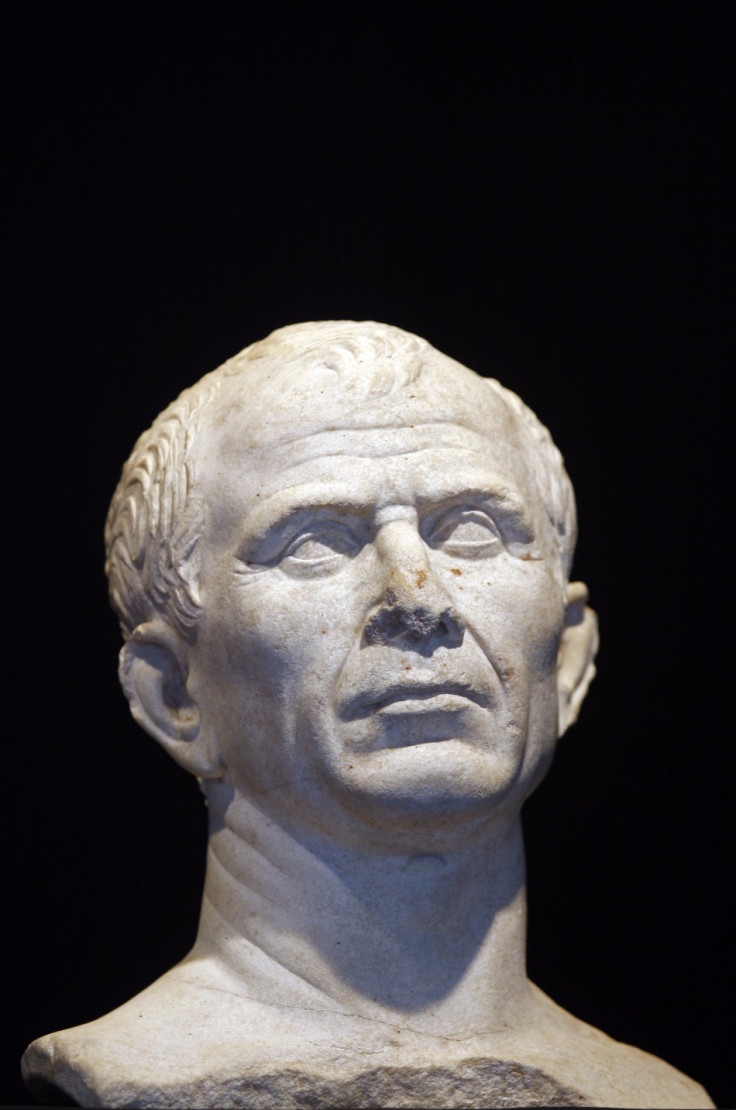Ancient Rome: Julius Caesar suffered mini-strokes not epilepsy claim Imperial College doctors

Julius Caesar's well documented health problems may have been the result of a series of mini-strokes, according to new research.
The Roman general, who died in 44BC, was plagued by health issues throughout his later life, with historians diagnosing him with a plethora of ailments including various forms of epilepsy, a sufferer of migraines and even malaria.
However, a study conducted by doctors at Imperial College London has come to the conclusion that the influential dictator's health issues, which included his collapse at the battle of Thapsus, was the aftermath of a plethora of mini-strokes.
Dr Francesco Galassi, a lead author of the study along with Dr Hutan Ashrafian, wrote: "All of the symptoms reported in Caesar's life are compatible with him having multiple mini-strokes," according to extracts of the research which was given to the Guardian.
The authors continue: "When re-evaluating his symptoms, it can be noted that Caesar suffered falls during his campaigns in Spain and Africa at Cordoba and Thapsus.
"He reported symptoms of headaches, vertigo and later on mentioned giddiness and insensibility, when he could not stand up as senators honoured him."
The study also states both Caesar's father and grandfather died in mysterious circumstances, which may point to signs that they too fell afoul of a series of mini-strokes.
Further supporting evidence comes from the fact that Caesar struggled with depression in his final years – a side effect of stokes.
© Copyright IBTimes 2024. All rights reserved.






